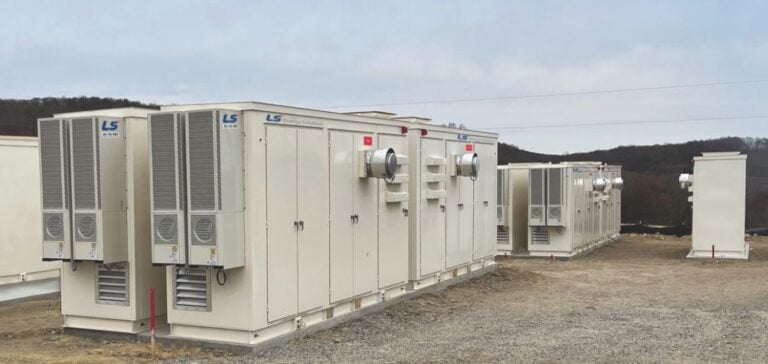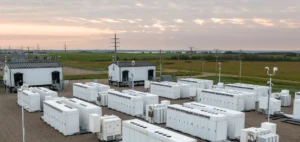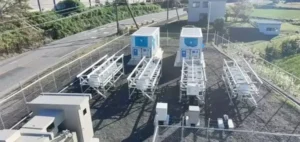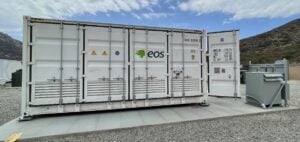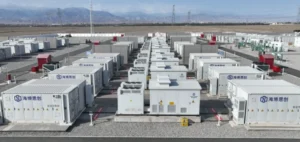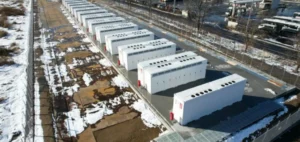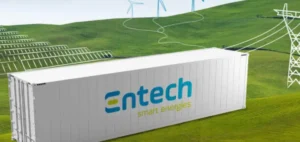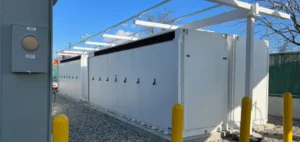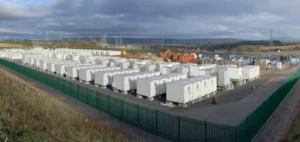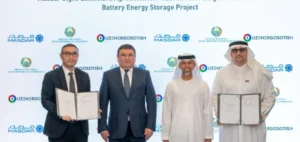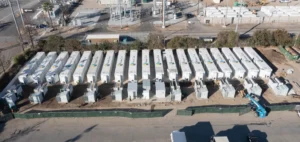Optimization of military energy infrastructures moves forward with the activation of an energy storage system at Fort Detrick, a project led by Ameresco. This development reinforces the energy independence and resilience of US military installations.
A major energy efficiency project
Located in Fort Detrick, Maryland, the project integrates a 6 MW/6 MWh battery energy storage system (BESS) with an existing 18.6 MW (DC) solar installation, in operation since 2016. This system provides frequency regulation for the local power grid, and improves the plant’s energy security by stabilizing power quality and correcting production fluctuations.
Nicole Bulgarino,Ameresco‘s executive vice president, said, “This project at Fort Detrick is a step toward future developments, including potential integration into a microgrid system.”
A strategic partnership for a shared vision
Rachel Jacobson, Assistant Secretary of the Army for Installations, Energy and Environment, points out that this partnership illustrates the benefits of public-private collaborations. “The 6 MW energy storage system complements the existing solar installation and illustrates the technological advances and benefits of partnerships. This result benefits the Army and local communities in Maryland.”
Fort Detrick, a key U.S. Installation Management Command (IMCOM) site, spans a 1,200-acre campus and supports numerous government agencies and military services, including the Defense Health Agency, Space Force, U.S. Army Medical Research and Development Command, and 21st Signal Brigade. Since its creation, Fort Detrick has played a crucial role in the community, being a center for significant scientific and medical advances.
A promising future for energy independence
Today’s BESS dedication ceremony marked another milestone in the U.S. military’s commitment to sustainable and resilient energy solutions. The event brought together key figures including Robert Hughes, Executive Director of the U.S. Army Office of Energy Initiatives, Rachel Jacobson, Assistant Secretary of the Army for Installations, Energy and Environment, and Ameresco representatives. Brigadier General Edward H. Bailey, Commander of the U.S. Army Medical Research and Development Command and Fort Detrick, welcomed the participants.
This initiative strengthens the base’s energy resilience capabilities, providing essential support to the army’s critical operations in the event of power cuts. By combining renewable energy sources with advanced storage technologies, Fort Detrick is at the forefront of sustainable energy innovation in the military sector.


